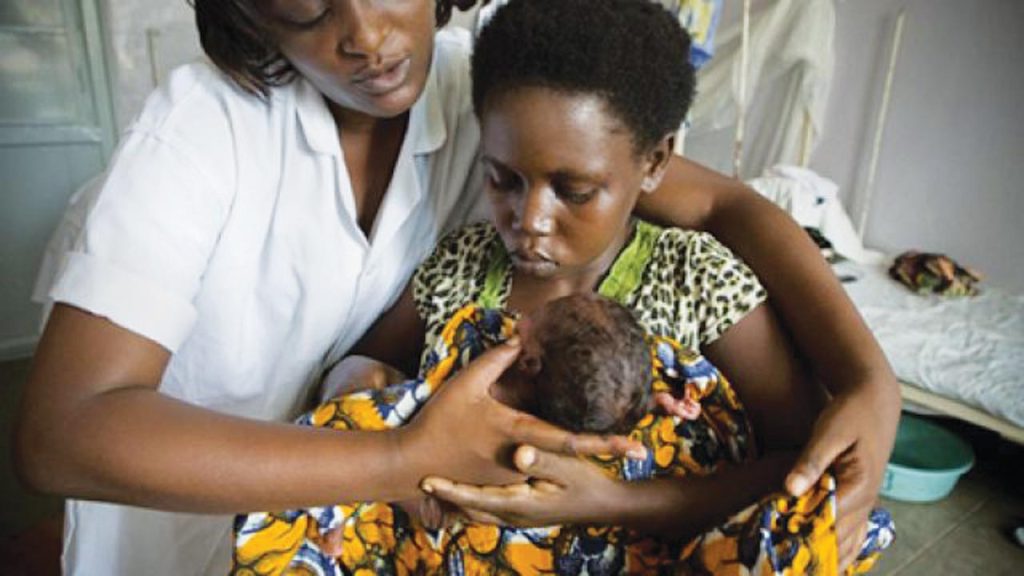In recent years, Nigeria has struggled with an alarming increase in maternal mortality rates. This has posed a grave threat to the health and well-being of its women and children.
Despite efforts by the government and various stakeholders, the statistics remain unsettling, painting a bleak picture of the country’s healthcare system and its ability to safeguard the lives of expectant mothers.
According to recent data from the Coordinating Minister of Health and Social Welfare, Muhammed Pate, a staggering 57,000 mothers lost their lives due to pregnancy-related complications in 2023 alone. This figure is not just a statistic; it represents the loss of countless lives, aggrieved families and orphaned children. Such a high maternal mortality rate is unacceptable and demands urgent action from all levels of government and society.
The situation is exacerbated by Nigeria’s failure to meet global targets set by the UN Sustainable Development Goal 3.1, which aims to reduce maternal mortality to less than 70 per 100,000 live births by 2030. Nigeria’s current standing as a contributor of 10 per cent to the global maternal mortality ratio, despite representing only 2.4% of the global population, is deeply troubling.
Several factors contribute to Nigeria’s high maternal mortality rate, including a crumbling healthcare infrastructure, a shortage of skilled healthcare professionals, and limited access to essential maternal healthcare services, particularly in rural areas. The primary healthcare system, which should serve as the backbone of Nigeria’s healthcare infrastructure, is largely neglected, leading to preventable deaths and widespread health crises.
In addition, the country’s healthcare sector faces a critical shortage of staff, with only one doctor available for every nine thousand patients. This ratio is significantly lower than the recommended ratio of 1:600 by the WHO. The mass emigration of medical professionals seeking better job opportunities abroad further aggravates the shortage. This has resulted in underserved and vulnerable local communities.
In addressing this pressing issue, the Nigerian government must take decisive action to revamp the healthcare sector and prioritise maternal health. This includes incentivising healthcare professionals to work in rural areas, investing in the training of birth attendants and midwives, and strengthening the primary healthcare system, drawing inspiration from successful models such as Cuba’s emphasis on preventive care and universal access to healthcare services.
Moreover, Nigeria can learn valuable lessons from countries like Sweden, Australia, and Singapore, where significant progress has been made in reducing maternal mortality through comprehensive healthcare systems, prenatal care, skilled birth attendants, and emergency obstetrics care.
In addition to government intervention, concerted efforts from civil society organisations, community leaders, and international partners are crucial in tackling this pressing issue.
Together, everyone must work towards ensuring that every pregnant woman in Nigeria has access to quality maternal healthcare services, regardless of their socio-economic status or geographical location.
The increase in maternal mortality rates in Nigeria is a humanitarian crisis that demands immediate attention and concerted action. It is time for all stakeholders to come together and prioritise the health and well-being of Nigeria’s mothers and their children. The future of our nation depends on it.
